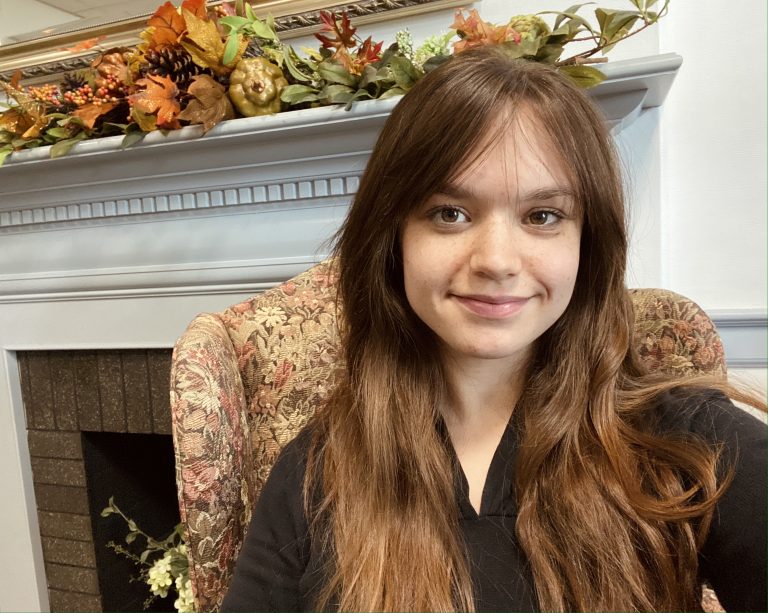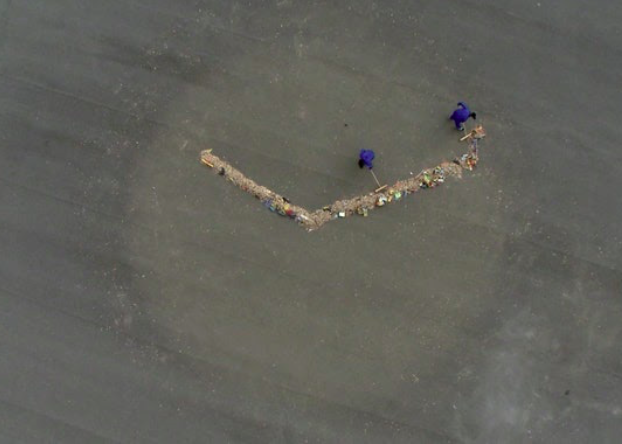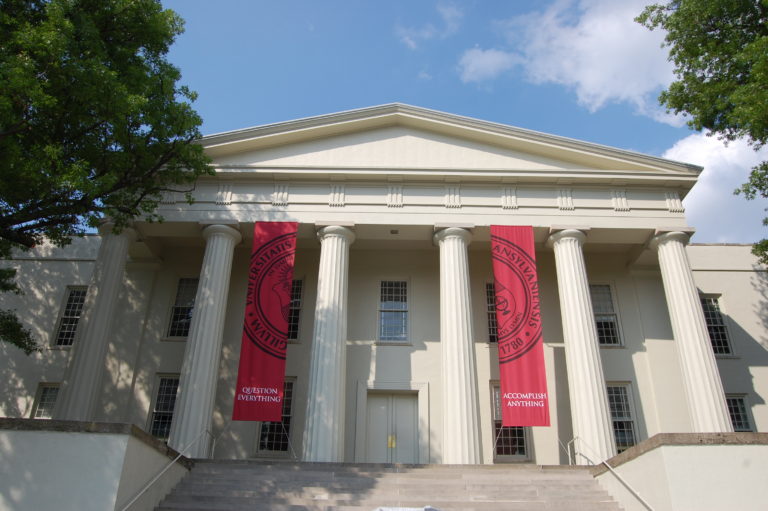2020 was an interesting year full of changes for all of us. Between lockdowns, mask mandates, and political stress, it’s a wonder we have made it through. One of the biggest changes made last year was to schools. Students suddenly had to finish a school year online with little to no preparation. Here at Transy, we saw a switch to distanced learning and our typical semester system was divided into “the module system.”
For a lot of students, those three words cause intense emotion. It was clear from the start that there was an immense dislike of the new 7-week course system from both students and professors. Attempting to shorten courses to be taught in half the time usually allotted was a deep lament from almost every professor I’ve met. The workloads being put onto students were doubled in an attempt to teach the material faster. Similarly, the switch to Canvas from platforms such as Google Classroom and Moodle was especially rough for some, to the point that a few professors still refuse to switch over.
When talks of continuing the module system for the 2021-2022 academic year began to get around, students expressed their opinions quickly. The Transy Student Government Association (SGA) released a poll allowing students to send in their thoughts about the module system. SGA gathered these results and brought them to professors, however, the student responses seemed to go unheard.
Upon our return from fall break 2020, a protest was formed in Alumni Plaza where students were able to have a more public space to voice their thoughts. Then SGA President Summer Taylor and Vice President Seth Wyatt led most of the event and invited students to step up onto the elevated seal to speak to their peers. By the time the group dispersed, President Brian Lewis and Academic Dean Rebecca Thomas had come outside to listen.
Not long after, the decision to move back to the semester system for 2021-2022 was made. But that leaves us with the question of “how have these changes affected students in the three returning classes?”
To learn this answer, I asked and released a poll in multiple spaces for students to talk about the two systems. When asked, over 80% of students polled found that they were more successful during the semester system. A few couldn’t particularly tell a difference in success, and only 7% found themselves feeling more successful in the module system.
Within the poll, I gave an open space for students to talk about anything they found particularly difficult in the switch between systems. Junior Cambron Johnson talked about the difficulty in adjusting back to 4 classes as well as keeping up with clubs and extracurricular activities. In the module system, the average course plan was to take on two classes for 7 weeks instead of the normal four classes for 14 weeks. During the module system, the 2 classes were taken every day. This was a major change from the semester system where students have M/W/F classes and T/TH classes.
Cambron Johnson told me that going to the same classes every day of the week was exhausting, in reference to the module system. Now back in the semester system, he has more time to do work, but more classes to balance out the work for.
Current sophomore students have had the strangest experience with the change in systems because they began their time at Transy with the module system. Quite a few sophomores said the workload and balance between work and school were difficult to switch between, but there were two notable responses that caught my attention. Firstly was sophomore Katy Walsh, who talked about the fact that the global pandemic makes things difficult overall. She mentioned that it is hard to make a judgment about what’s actually hard after “two years of burnout, fear, and frustration due to the pandemic.”
Val Jett, another sophomore, mentioned that he has struggled with matters not related to the semester system that he was also struggling with during the module system. He explained how burnout and depression were a big struggle and he often had a lack of energy. However, being able to take in-person classes has helped Jett, he says “it gets easier to wake up and go somewhere rather than wake up and sit at your desk”. However, when asked, Jett said that he thinks he still would have not done as well during the module system even if the classes had been in person.
After having the same classes every day with no break to complete assignments, the stress began to take a toll on him. Jett also talked about feelings of burnout being less this year, and how when those feelings do arise they are much easier to recover from. He is able to stop burnout in it’s tracks and put himself back on a successful path. Having a day between classes to take in the material and get caught up has been the best change Jett has experienced in the switch back to the semester system.
On the other side of the debate, Sophomore Melissa Lamb is one of the students who feels that she succeeded more in the module system. She said that her main struggle with the semester system is the workload. Having professors every day meant a daily reminder about projects and papers, while now you might only hear about them once or twice a week. In one of her classes, many students mentioned that they only had a few sentences written on a paper that was due by their next class, while some hadn’t even picked a topic to write about yet.
Lamb also feels that professors weren’t given enough time to switch between the systems and adjust their entire schedule to a 7 week course and then back to a 14 week course. She also talked about how being away from your friends, family, pets, and familiarity and being given a heavy course load takes its toll on students, and the change between systems made it rougher.
The year we spent online is still affecting the way our current year is playing out. We at the Rambler are interested in how these changes will continue to affect life on campus.













